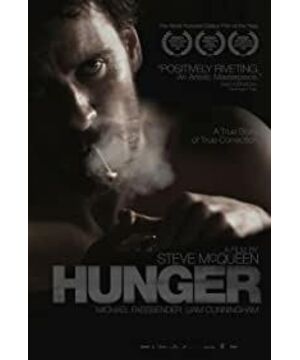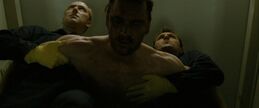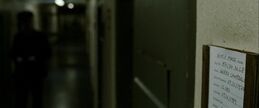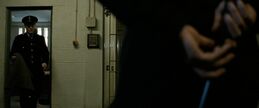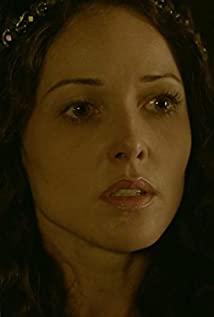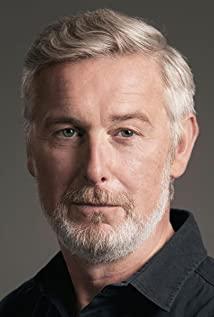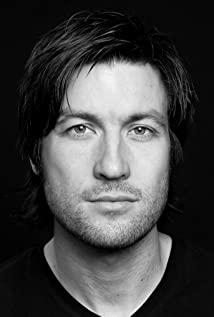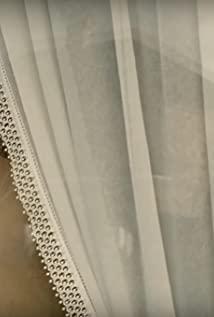Then the director started to portray another character, a political prisoner with a shoehorn face. As soon as I came in, I said to the warden with a proud face: I won't wear a criminal's prison uniform. Then there was a moment of silence. Shoehorn began to undress, and through him began to accept the cell. Then I started to misunderstand the director. The scenes of dung painting the wall, forcing out the radio, masturbating in the middle of the night, etc., made me think that this is a political film with black humor and no standpoint.
After 24 minutes of non-camera switching, including some conversations between the protagonist and the priest, and a long shot of sweeping urine for nearly three minutes, I began to collapse... But I was still too naive.
The second half of the film started to feature a lot of Sands' sick body and the monologue in medical terms of the doctor, and I began to understand that it was not what I thought at all, and the director was still playing the sensational way.
If you understand the story of the little pony then you understand what Sands is fighting for. He just wanted to gain the respect of his companions and enemies, and even if it was a punishment in the end, he was willing to bear it.
'I know the causes and the effects'. Who can say anything to a person who lives so clearly?
View more about Hunger reviews


